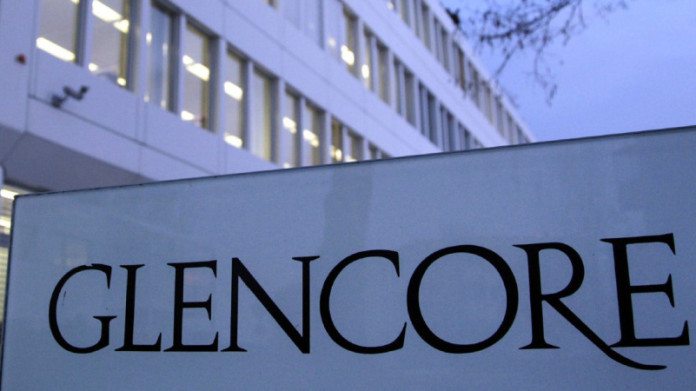
BRIAN Gilbertson, the veteran South African mining captain, once said that it didn’t matter how good management was: if the commodity market was firmly against you, it would be tough to provide shareholders with value.
This issue of management quality has been addressed in an intriguing (and unusual) report by Paul Gait, an analyst for Bernstein, a UK stockbroker, who raised the question as to how much investors ought to pay for quality management, or if management mattered at all in the case of diversified mining companies?
One school of thought believes that when buying shares in the likes of Anglo American, BHP or Glencore, the investor has to make allowance for the “undeniable” beta, or volatility of the commodity price deck; in many cases mining firms are the victims or lottery-like beneficiaries of metal price movements.
There’s also the view that in buying a mining share, an investor is simply betting on the difference between commodity price and exchange rate.
Gait’s report runs to 23 pages and has an academic bent to it, but in essence it references the decision-making of Glencore CEO, Ivan Glasenberg and team during the mining crisis of 2015/16 when the company elected to reduce production of zinc and coal. They argued at the time that the mineral was worth more in the ground than in the open market – a point with which Gait agrees, adding that this is active management.
Passive management is when mining companies elect to continue producing metals regardless of market conditions at a set rate until the economic life of the mineral is exhausted. This is to fail to recognise that minerals in the ground are like put options on the future price of commodities.
This may seem like a simple decision to make: why produce minerals when you can’t make money out of them? Many mining companies don’t have the flexibility to make such decisions. Reducing production almost always means higher costs and larger losses, or messy redundancies, hence one of the attractions of the diversified class of mining company such as Glencore.
Said Gait: “We show that there is significant value in management flexibility. The decision to defer production during periods of low commodity prices is almost invariably the correct thing to do (irrespective of whether this action subsequently causes a recovery in prices).
“To put this another way, the FCF yield (i.e. cost of capital) ought to be lower for companies that pursue this value maximizing approach. And yet this is exactly the opposite of what we see in the market now. The one company (Glencore) where there is the clearest evidence of value maximizing management of the reserve base trades on the highest FCF yield.










